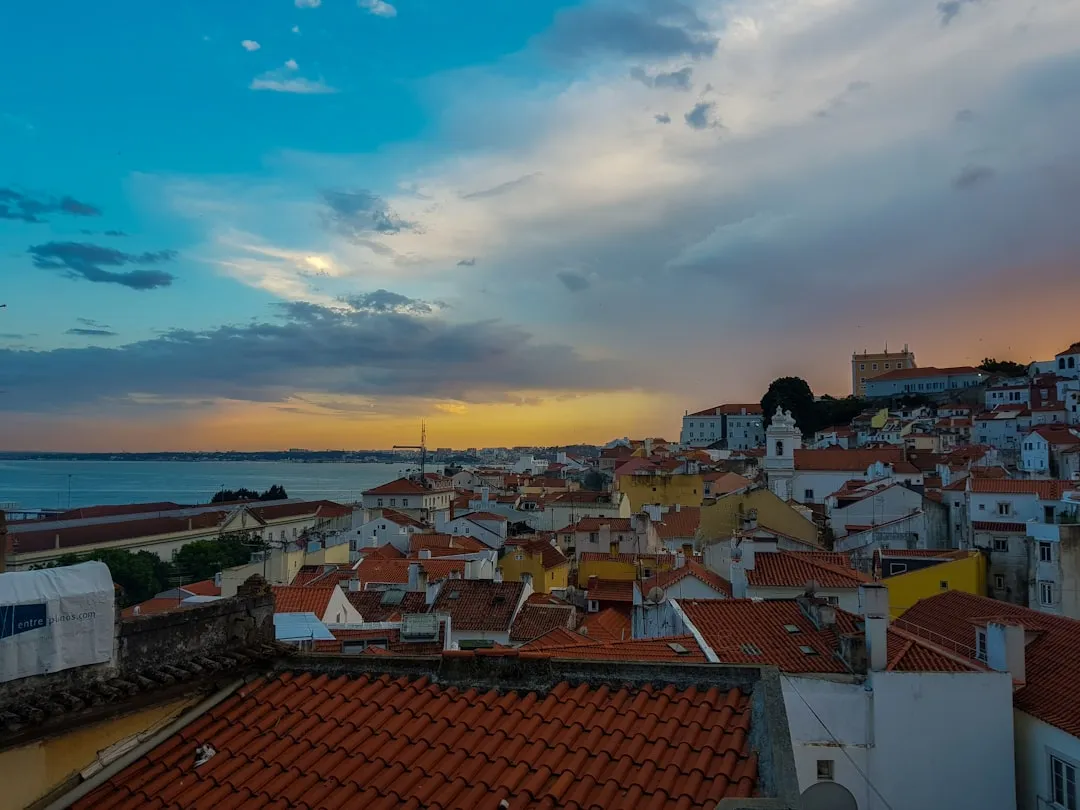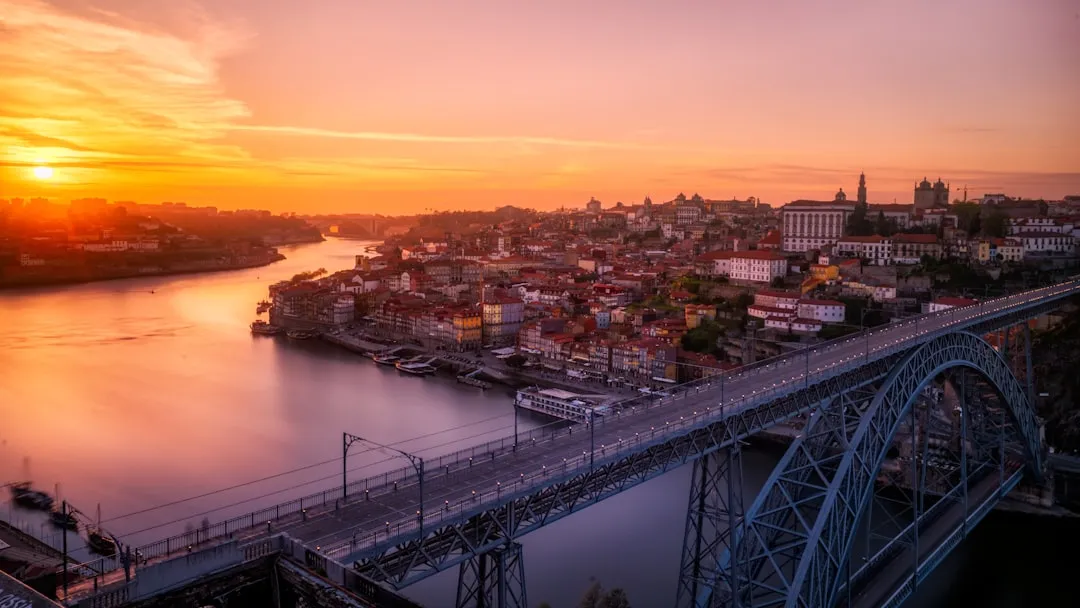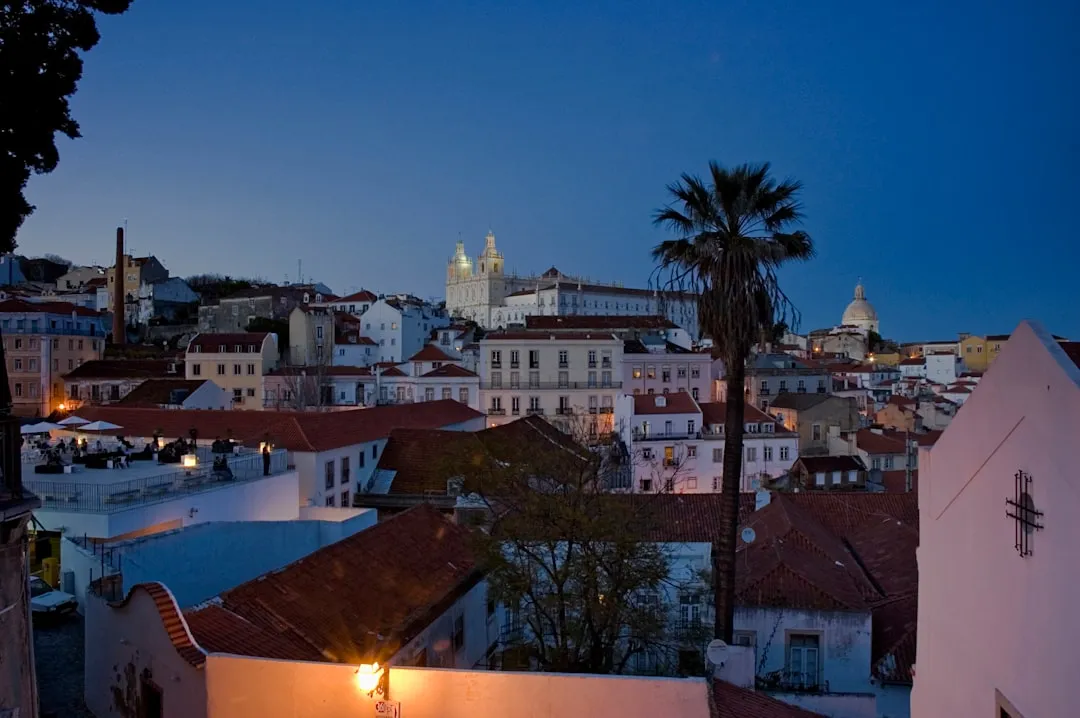The D6 Portugal Visa for Religious Purposes is designed for individuals seeking to reside in Portugal for religious activities, whether as a religious leader, missionary, or part of a religious organization. This visa provides a legal pathway for religious workers, clergy, and missionaries to live and work in Portugal.
Overview of the D6 Portugal Visa for Religious Purposes
The D6 visa allows religious individuals or those working for religious organizations to live in Portugal. It is intended for religious workers who are involved in non-commercial activities and can be issued for those wanting to carry out religious functions such as preaching, teaching, and spiritual guidance.
The visa is often granted for a temporary period but can be extended or converted into a residence permit depending on the applicant’s circumstances.
Why Choose the D6 Visa?
Choosing the D6 visa allows religious individuals to legally live and work in Portugal, especially if they intend to contribute to the religious community or engage in religious-related educational activities. Here are a few reasons why this visa may be appealing:
- Religious Freedom: Portugal has a history of supporting religious freedom, offering a welcoming environment for individuals wishing to practice or preach their faith.
- Integration: The visa facilitates integration into Portuguese society while supporting religious activities and community engagement.
- Pathway to Residence: The D6 visa can lead to permanent residency and citizenship, offering long-term benefits for those wishing to settle in Portugal.
Requirements for the D6 Portugal Visa
To apply for a D6 visa, applicants must meet the following criteria:
- Religious Activity: You must be involved in religious activities, such as being a religious leader, missionary, or working for a religious institution.
- Documented Invitation: You must provide proof of invitation or sponsorship from a recognized religious organization in Portugal.
- Proof of Financial Support: You need to demonstrate sufficient financial resources to support yourself during your stay in Portugal. This can include bank statements, sponsorship letters, or contracts.
- Criminal Record Check: A criminal record certificate from your home country may be required to ensure you meet Portugal’s security standards.
- Health Insurance: Proof of health insurance that covers you during your stay in Portugal.
- Valid Passport: A valid passport or travel document, with at least six months of validity beyond the expected stay.
Types of D6 Visa
There are different variations of the D6 visa depending on the purpose and length of stay:
- Short-Term Visa: For temporary religious assignments, typically for a period of 90 days.
- Long-Term Visa: For those wishing to stay for a longer period, often linked to a contract or invitation from a Portuguese religious organization.
- Multiple Entry Visa: If you plan to travel in and out of Portugal frequently for religious purposes, this visa allows for multiple entries within its validity period.
Application Process for the D6 Visa
- Prepare Documentation: Gather all required documents, including your passport, invitation from a religious organization, proof of financial means, criminal record, and health insurance.
- Submit Application: Submit your application to the nearest Portuguese consulate or embassy in your home country or country of residence.
- Attend an Interview: In some cases, an interview may be required to assess the applicant’s eligibility.
- Wait for Approval: The processing time can vary, but typically it takes about 2-3 months to receive the visa approval.
- Arrival in Portugal: Upon arrival in Portugal, you must register your residence with the local city hall and apply for a residence card, which allows you to legally live and work in Portugal.
Tips for Applying
- Start Early: Begin your visa application well in advance of your intended arrival in Portugal, as the processing time can take several months.
- Provide Detailed Documentation: Ensure that all your documentation is clear and complete, especially the invitation letter from a religious organization.
- Consult with an Expert: If you're unsure about the requirements or paperwork, consider working with an immigration lawyer or consultant specializing in religious visas.
- Prepare for a Personal Interview: Be ready to explain your religious activities and how they contribute to the community when attending an interview.
Financial Implications of the D6 Portugal Visa
Costs
- Visa Application Fee: The visa application fee varies, typically ranging between €50 and €100 depending on the type of visa and processing speed.
- Residence Permit Fee: After arrival, you will need to pay a fee for the residence permit, which can range from €100 to €200.
- Additional Costs: There may be costs associated with documents, translations, legal fees, and medical insurance.
Tax Implications
Portugal offers favorable tax conditions for religious workers under the Non-Habitual Resident (NHR) tax regime. If you qualify, you may enjoy tax exemptions on foreign income or a reduced tax rate on certain Portuguese income sources.
However, religious income may still be subject to taxation depending on its nature and source, so consulting with a tax advisor is crucial to understand your specific situation.
Tax Benefits
- Non-Habitual Resident Regime: If eligible, you may benefit from significant tax exemptions on income earned abroad for up to 10 years.
- Tax-Free Religious Income: Income received from religious activities may be exempt from taxes under certain conditions, but this varies based on the type of activity and your status.
Pros and Cons of Living in Portugal on the D6 Visa
Pros:
- Rich Cultural and Religious History: Portugal offers a rich history of religious and spiritual sites, which can enhance the religious experience.
- Religious Freedom: Portugal has a liberal policy towards religious expression, making it a safe haven for religious workers.
- Access to the European Union: Portugal’s membership in the EU allows for easier travel and residence in other EU countries.
- High Quality of Life: Portugal is known for its excellent healthcare, education, and relaxed pace of life, providing a conducive environment for spiritual and community growth.
Cons:
- Language Barrier: While many Portuguese people speak English, learning Portuguese can be important for integration, especially when interacting with local communities and religious institutions.
- Limited Religious Institutions: Depending on the region, you may find fewer religious institutions, making it challenging to find community support in rural or remote areas.
- Cost of Living in Major Cities: While Portugal offers affordable living in some areas, cities like Lisbon and Porto can be quite expensive, particularly in terms of housing.
Best Cities to Live in Portugal with the D6 Visa
- Lisbon: As the capital city, Lisbon offers a vibrant cultural scene, a diverse range of religious institutions, and plenty of opportunities for religious work. It’s a great choice if you want to be at the heart of Portugal’s social and political landscape.
- Porto: Known for its rich history and architecture, Porto offers a supportive environment for religious communities, with a more relaxed atmosphere than Lisbon.
- Coimbra: Famous for its ancient university, Coimbra is a hub for intellectual and religious activities. It provides a balance between history and modern amenities.
- Funchal (Madeira): If you're looking for a more peaceful environment with beautiful landscapes, Funchal offers a slower pace of life and is home to several religious institutions.
- Braga: Often referred to as the "Portuguese Rome" due to its many churches and religious sites, Braga is an ideal destination for religious purposes, offering a deeply rooted religious culture.
- Fatima: Known worldwide for the Sanctuary of Our Lady of Fatima, this small town holds great religious significance, attracting millions of pilgrims every year. Living in Fatima offers an immersive religious experience in a deeply spiritual setting. It’s an excellent choice for those involved in religious work or wishing to be closer to one of Catholicism’s most important pilgrimage sites.
This guide provides a detailed look into the D6 Portugal Visa, offering valuable insights for those looking to move to Portugal for religious purposes. Whether you are a religious worker, missionary, or member of a religious institution, Portugal provides a welcoming environment for religious activities while offering a pathway to residence and long-term settlement.




